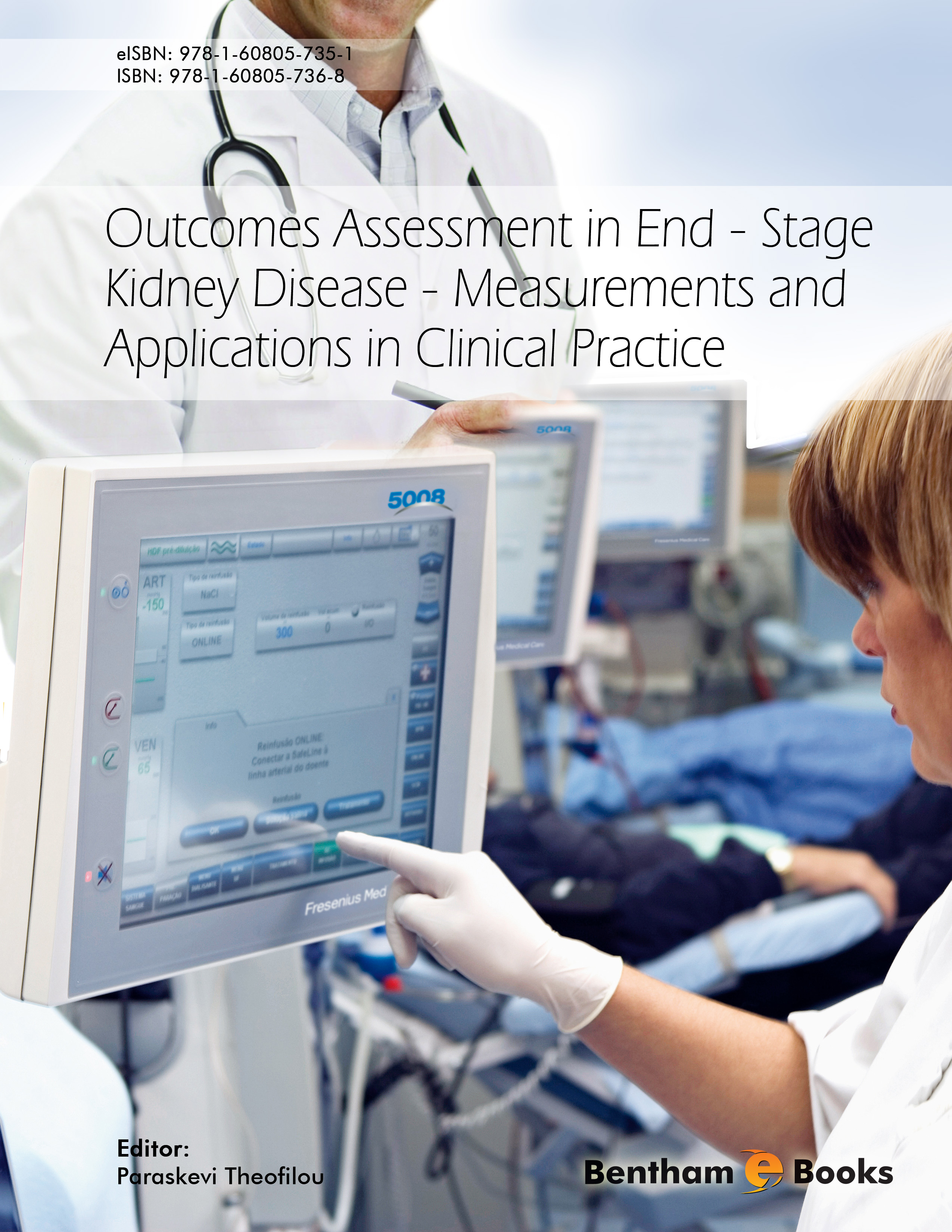Foreword by Robert A. Cummins
Throughout the various stages of life, increasing levels of scientific and ethical attention are being directed to the consequences of medical intervention. The measures being studied are additional to the traditional indices of biological functioning and survival. Such monitoring is becoming especially important towards the end of life, where the cost of treatment ever rises in response to increasing technical sophistication. The downside to increasing longevity through such means is the burden of such treatments. What, then, is the balance between the duration of life gained and life quality? These critical contemporary questions are addressed in this compelling collection of chapters relating to End Stage Kidney Disease (ESKD), from diverse viewpoints.
Patients suffering from ESKD have to cope with many forms of adversity. Most obviously, their treatment is expensive so they bear an economic burden. The treatment is also inherently unpleasant, so they must bear the burden of pain and discomfort. Such constant feelings of malaise have knock-on consequences, such as a loss of motivation to engage in normal positive behaviors. This loss, in turn, is likely to exacerbate the severity of their condition through, for example, the loss of motivation to eat a good diet or to meet the requirements of demanding treatment regimens. But overshadowing all of these is the social cost of their condition. The disruption of normal social relationships with partner, family and friends can mean a devastating reduction in this major personal resource against adversity.
Understanding and ameliorating such negative outcomes is important for at least two reasons. One is a humanitarian concern with life quality. The other is the fact that loss of positive feelings leads to depression, which then works against the potential benefits afforded by the medical treatment. People who are despondent respond less positively to medical interventions. Moreover, without due care, their psychological condition also causes them to interact negatively with the world around them, causing an emotional downwards spiral as they lose social support and positive self-regard.
Measuring and interpreting such outcomes requires good instruments and theoretical understanding of the underlying psychological constructs. Two disciplines are intimately involved. Within medicine, such measurements are viewed within the context of health related quality of life, and many instruments have been created. Such measures constitute standardized self-reports of each patient’s symptoms, both in terms of their medical condition and psychopathology. From within psychology, established scales have been created to measure levels of depression and stress, while more recent instruments measure levels of positive wellbeing.
All such measurements contribute important information for those who must make tough decisions. Does the life quality of the patient warrant continuation of the treatment, all things considered? Such decisions are made every day in money-stretched hospitals and will become more frequent as the economic reality of extending life becomes increasingly relevant. This fine collection of chapters adds important understanding to this crucial area of human intervention.
Foreword by Stanton Newman
This eBook is timely. It captures two crucial changes in health care. One is an increasing concern with the quality of patient experience. The other is a focus on the impact of treatments on patients with different types of conditions. For many years work on chronic health conditions concentrated on mortality, morbidity and symptom relief. This approach reflected an appropriate attempt by the medical profession to find a cure or better treatment for each condition. While this has remained an area of great effort, the systematic evaluation of medical interventions and treatments from the patients’ perspective is now seen to be of critical importance too. There is growing recognition that patients and their family members with support and advice from healthcare professionals essentially manage most chronic conditions. Patients make decisions on what is important to them and how their treatments fit in with other aspects of their lives. This includes whether they should follow all the medical advice and adhere absolutely to treatments.
In end - stage kidney disease (ESKD) the kidneys no longer function appropriately. A technique needs to be found to mimic the way they work or they need to be replaced by means of transplantation. For many patients the choice of transplantation is seen as the ideal treatment for ESKD. However, this is not always possible because of the limited number of either cadaver or living donors available to provide kidneys to the population that needs to replacement. Many patients must therefore rely on replacement therapy. The bulk of this involves some form of dialysis therapy. There are a range of different types of dialysis including haemodialysis and peritoneal dialysis. These treatments are delivered in either a hospital or treatment centre or in some cases at home. The regimen of dialysis treatment is extremely onerous. It places great pressure on patients to attend treatments usually a number of times a week. In addition they have to adopt a specific diet to reduce the pressure on their kidneys. Most people who have ESKD commonly have an additional chronic condition. Conditions such as diabetes and high blood pressure often cause people to go into ESKD. This means that many patients with ESKD also have to follow the requirements and regimens of other conditions that are in their own way demanding.
This eBook focuses on the impact of this complex and exacting condition on patients and those that care for them. It also examines the economic impact of end - stage kidney disease and the healthcare policy implications of this disease. It provides comprehensive and thoughtful insights into the issues patients with ESKD confront. It is written by researchers with a well-rounded understanding of the characteristics and impact of ESKD. I can think of no better group to examine the consequences of ESKD on patients than the expert contributors to this eBook. For anyone involved in the treatment and management of end - stage kidney disease - professionals, patients and their families - this eBook provides essential reading.

